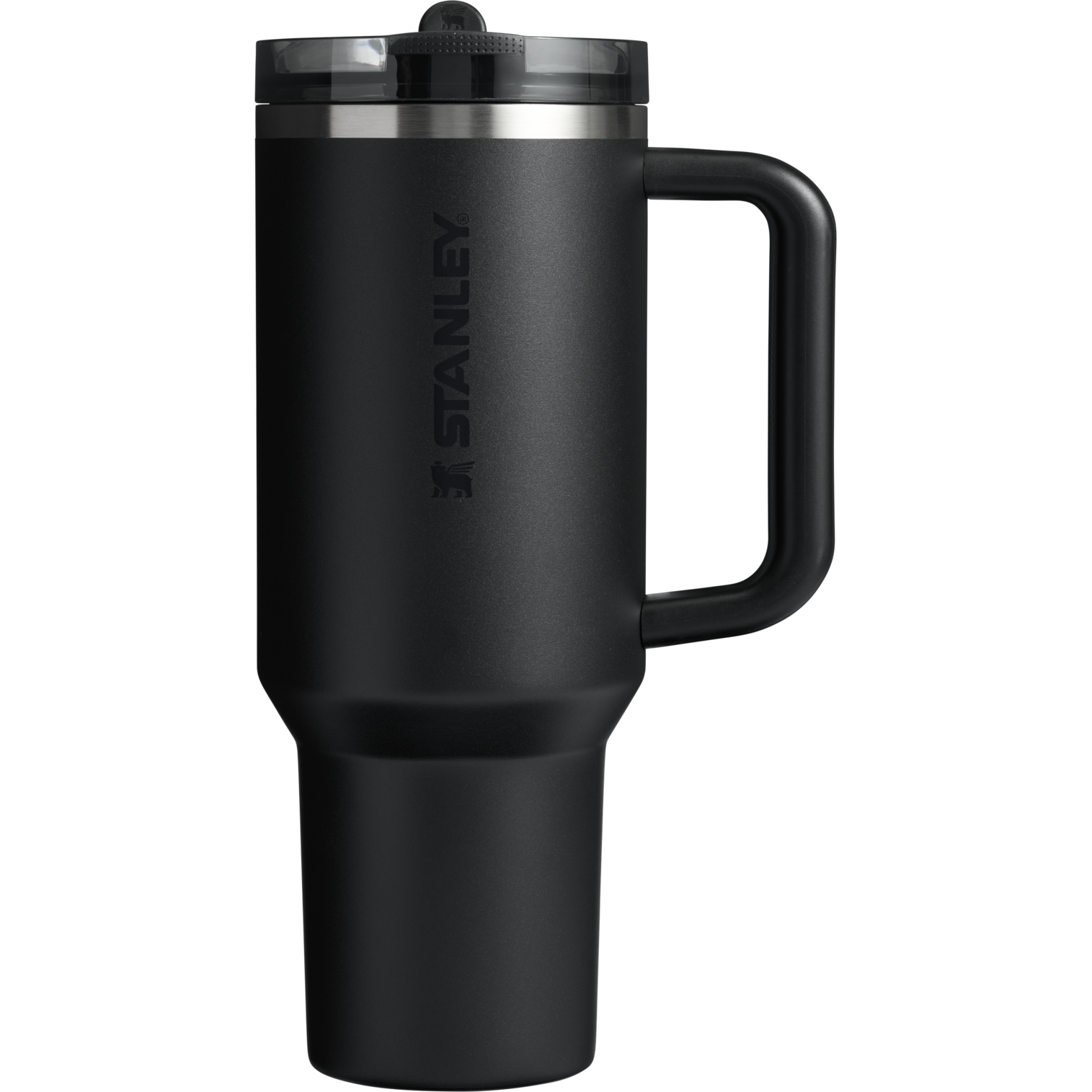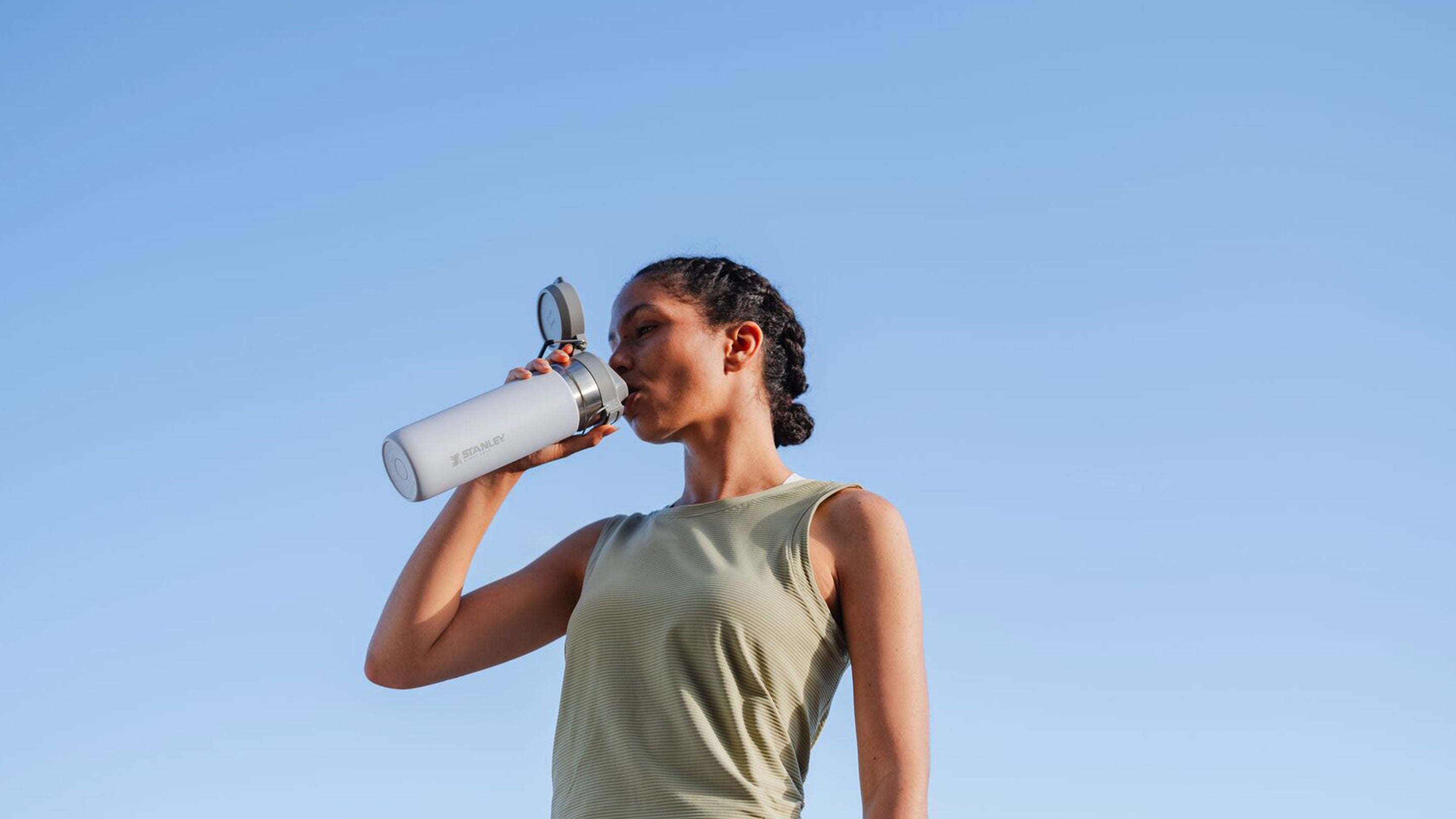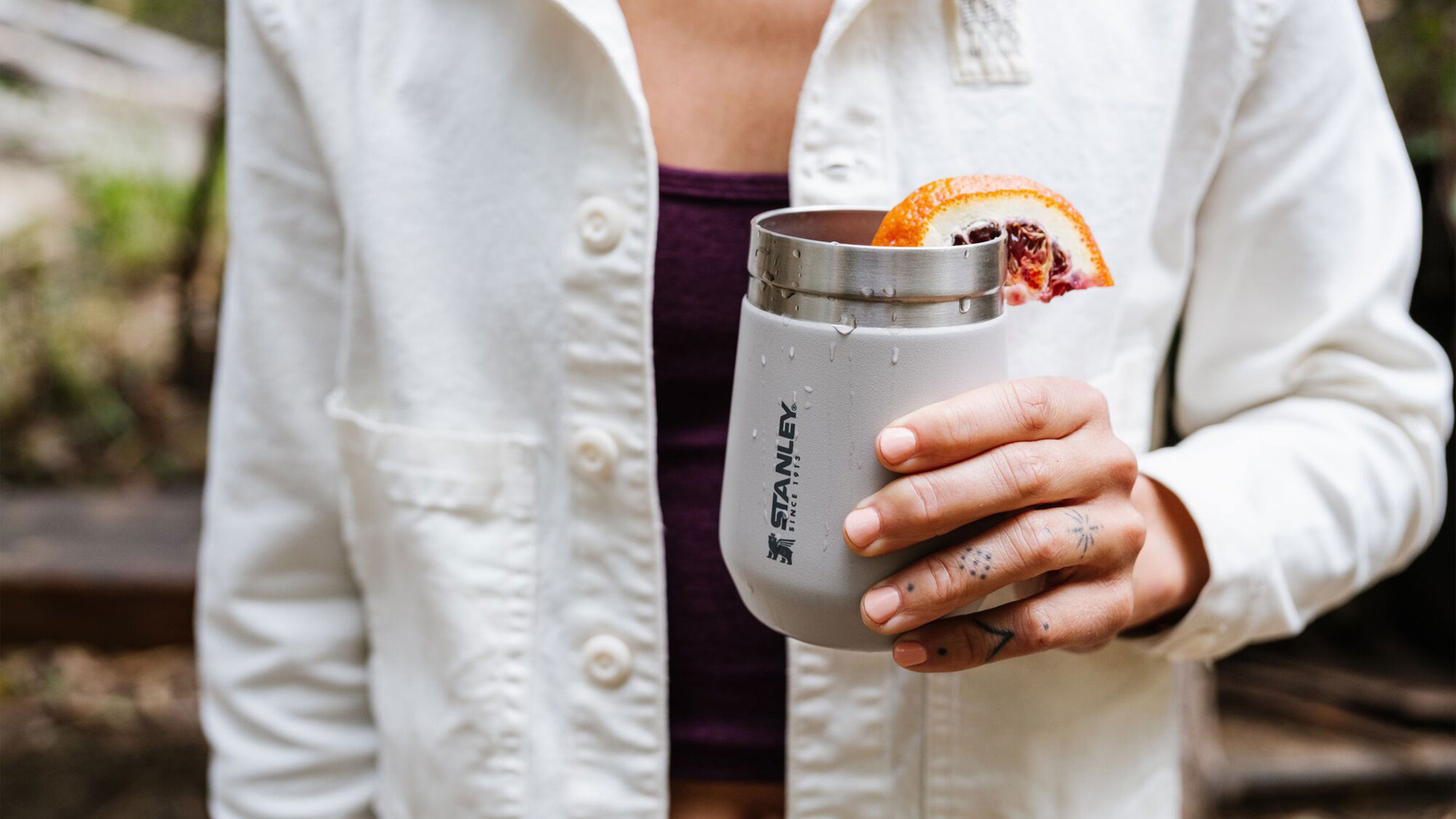12.22.22
Written By: Karla Tafra
Staying hydrated throughout the day is important no matter your level of activity, but the need for fluids exponentially increases with your daily expenditure. Working out causes you to sweat more than you usually would during the day and it’s essential to not only replenish the fluids you have lost, but to also prepare yourself and start your workouts already hydrated.
The Importance of Staying Hydrated During Workouts
Being properly hydrated throughout your workouts helps optimize all of the functions in your body, but even more so, it helps to improve your overall athletic performance, increase your energy levels, and avoid premature buildup of lactic acid which might cause you to cramp up or get fatigued too soon.
Additionally, adequate hydration will promote better recovery and have you ready for your next intense workout session sooner than you might think. Water helps flush out toxins from your body, reduces inflammation, regulates body temperature, and enhances the transport of nutrients throughout the body. All of these processes are essential during and after your workout so that you can achieve progress and reach your health, performance, and fitness goals.
This is why it’s important to look at your hydration efforts in three different stages: before, during, and after your workouts.
Hydration Before Your Workout
Hydration starts when you wake up and that’s why it’s always encouraged to start the day with a glass of plain water. This jump starts your metabolism and gets everything flowing while replenishing lost fluids during the night.
The American Council on Exercise recommends you should drink 17 to 20 oz of water two to three hours before your workout and then another eight oz 20 to 30 minutes before you start exercising or while you’re warming up. But, if you’re someone who likes to work out first thing in the morning, that might not be possible. However, this only means that getting that glass or two of plain water as soon as you wake up is even more important as you’re preparing your body to sweat.
Depending on the night before and how hydrated you went to sleep, you might feel like your body needs more than just a couple of glasses so listen to your body and drink up, even if you have to pause your workout for a bathroom break.
On the other hand, if you’re someone who prefers exercising later in the day, try sticking to the aforementioned 17 to 20 oz a few hours and eight oz half an hour before your workout session. Additionally, if you’ve eaten something high in sodium or it’s been a particularly hot summer day, you might need to increase those values to properly hydrate your body and prepare your muscles for strain.
Hydration During Your Workout
During exercise, your muscles contract and generate heat which stimulates your sweat glands to start flushing out water as a way of cooling down and regulating your internal body temperature.
How much water you’ll lose during your workout depends on a variety of factors, from the workout style and exertion level to the temperature of the room and your own sweat rate. Some people sweat more than others and if you’re genuinely interested in the exact amount of fluids you lose during a workout, there is a mathematical equation that can make it more clear:
- Generally, for every 16 oz that you sweat, you will lose one pound of body weight.
- In about an hour-workout, you will on average lose 16-24 oz of sweat.
- You can easily test it out by weighing yourself before and after your workout and baselining your sweat rate.
The ACE recommends drinking seven to 10 oz of water every 10 to 20 minutes during exercise, but this might not always be possible. What is important is that you have your water bottle with you at all times and try to sip as much as possible without over-drinking.
Additionally, sweating causes not just the loss of water but also electrolytes which are essential not just for your athletic performance, but for your overall health and well-being. Generally, sweating causes us to lose sodium and chloride the most and that’s why the majority of electrolyte drinks contain high levels of these two important mineral salts. Being electrolyte-depleted can result in loss of power, energy, strength, agility, and even concentration, and it can cause muscle cramps and fatigue.
Hydration After Your Workout
Even if you’re properly hydrating during your workout, you still need to replenish after you’ve finished. ACE recommends at least eight oz 30 min after your workout, and that’s assuming you didn’t skip on your water intake during exercise. On the other hand, if you haven’t really replenished enough during a workout, this is where post-workout hydration and electrolyte intake matters the most.
When you workout also plays a huge role in your hydration levels throughout the day as you still need to ensure you’re drinking enough before you go to sleep. Everyone’s water needs are different, but there are some signs of dehydration to look for in case you’re wondering if you should be drinking more water after your workout:
- Feeling thirsty - it’s usually said that if you feel thirsty, you’re already dehydrated. The jury is still out on that one as different people have different needs, but if you feel thirsty, drink up.
- Color of urine - Your urine should be a light, straw-like color during the day. If it’s darker, it usually means you’re dehydrated.
- Dry skin and lips - one of the most obvious signs you’re dehydrated
- Headache - might be a sign of dehydration. If it goes away after replenishing with water, it’s definitely due to low water levels.
- Muscle cramps - although not uncommon after a workout, especially an intense exercise session, cramps can also be a sign of post-workout dehydration.
In addition to drinking water and other hydrating drinks, a great way to ensure proper hydration is by increasing your intake of hydrating foods such as soups, broths, celery, cucumber, berries, and watermelon. These foods add a variety of other vitamins and minerals to your diet, helping nourish your body and optimize your body functions.
Final Thoughts
Avoiding dehydration is essential for the proper function of your organs and your general health, and exercise-induced sweating makes the importance of drinking water even more essential. Stay on top of your hydration game and keep on sipping!
Back to HOW-TO GUIDES




